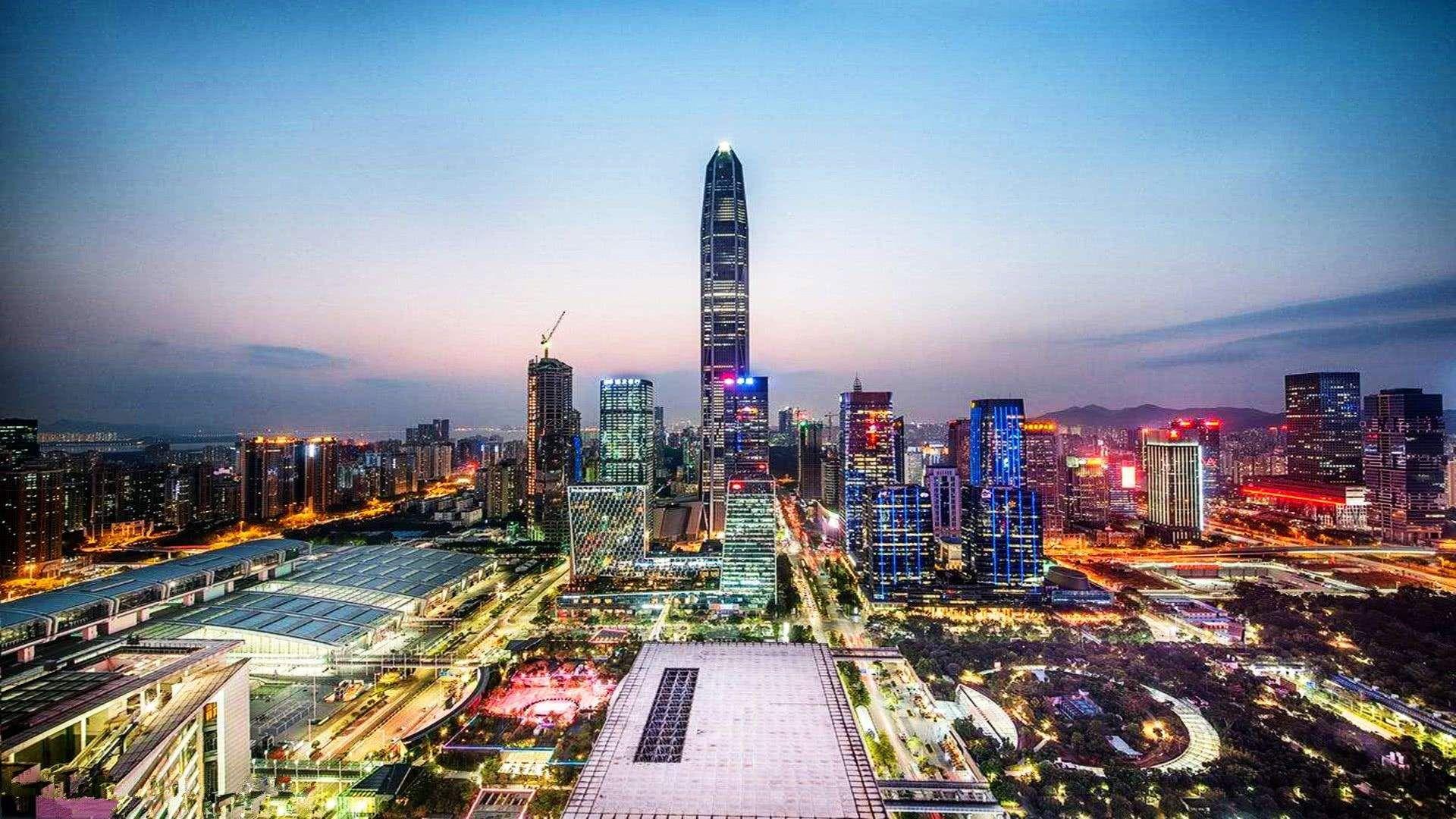BEIJING, Aug. 14 (Xinhua) -- China's economic resilience again defied doom-mongers' projections as the country's steady upward momentum is well-positioned to withstand external pressure.
"Facing mounting challenges home and abroad, the Chinese economy continued to operate within a reasonable range with steady upward momentum in July," Liu Aihua, spokesperson of the National Bureau of Statistics (NBS), told a press conference Wednesday.
In the first seven months of this year, high-tech industries outpaced the overall industrial sector in both investment and output, NBS data showed.
The investment in high-tech manufacturing surged 11.1 percent year on year, 5.4 percentage points faster than total fixed-asset investment growth, while high-tech manufacturing output rose 8.7 percent, 2.9 percentage points faster than total industrial output.
Foreign trade also maintained steady expansion as exports expanded 10.3 percent from a year ago to 1.53 trillion yuan (218 billion U.S. dollars) in July alone and imports went up 0.4 percent to 1.21 trillion yuan.
Excluding auto sales, which were affected by the country's new emissions standards that came into effect in July, retail sales rose 8.8 percent last month, holding steady with that in June.
Job data offers a wealth of information regarding economic strength. China's job market remained generally stable in July, with 8.67 million new urban jobs created in the first seven months, accomplishing 79 percent of the annual target.
Foreign direct investment (FDI) into the Chinese mainland expanded 7.3 percent year on year in the January-July period, while FDI in July alone was up 8.7 percent year on year, higher than the 8.5 percent growth in June, according to the Ministry of Commerce.
Domestic consumption, already a dominant driving force of the economy, remains at a high level. A report from global measurement and data analytics company Nielsen showed that the consumer trend index stood at a relatively high of 115 points in the second quarter, similar to that of the last quarter.
Index levels above and below the baseline of 100 indicate consumer optimism and pessimism, respectively. The index measures perceptions of local job prospects, personal finance and willingness to spend.
"The economic structure has been continuously optimized, and the endogenous power of the economy has been enhanced. It highlights the resilience and vitality of the Chinese economy and effectively facilitates the long-term stable development," Justin Sargent, president of Nielsen China noted.
Meanwhile, China's burgeoning new economy features new industries and new forms and models of business, which have become new growth drivers.
These new growth drivers contributed 16.1 percent to the country's GDP last year, up 0.3 percentage points from one year earlier, according to the NBS.
However, it would be self-deceiving to say that there are no clouds on the horizon.
"The current external environment is more severe and complicated and the country's economic development faces growing downward pressure," Liu admits.
Liu said China is confident and determined to implement stabilizing policies, strengthen innovation, inject market vitality and promote sound and stable economic development.
"As the Chinese economy faces new risks and increasing downward pressure, the country should focus on long-term trends and key issues so as to turn crises into opportunities," read a statement released after a meeting held by the Political Bureau of the Communist Party of China Central Committee at the end of the July.
China will continue to implement proactive fiscal policy and prudent monetary policy. Policies of cutting taxes and fees should be further implemented, according to the meeting.




 A single purchase
A single purchase









